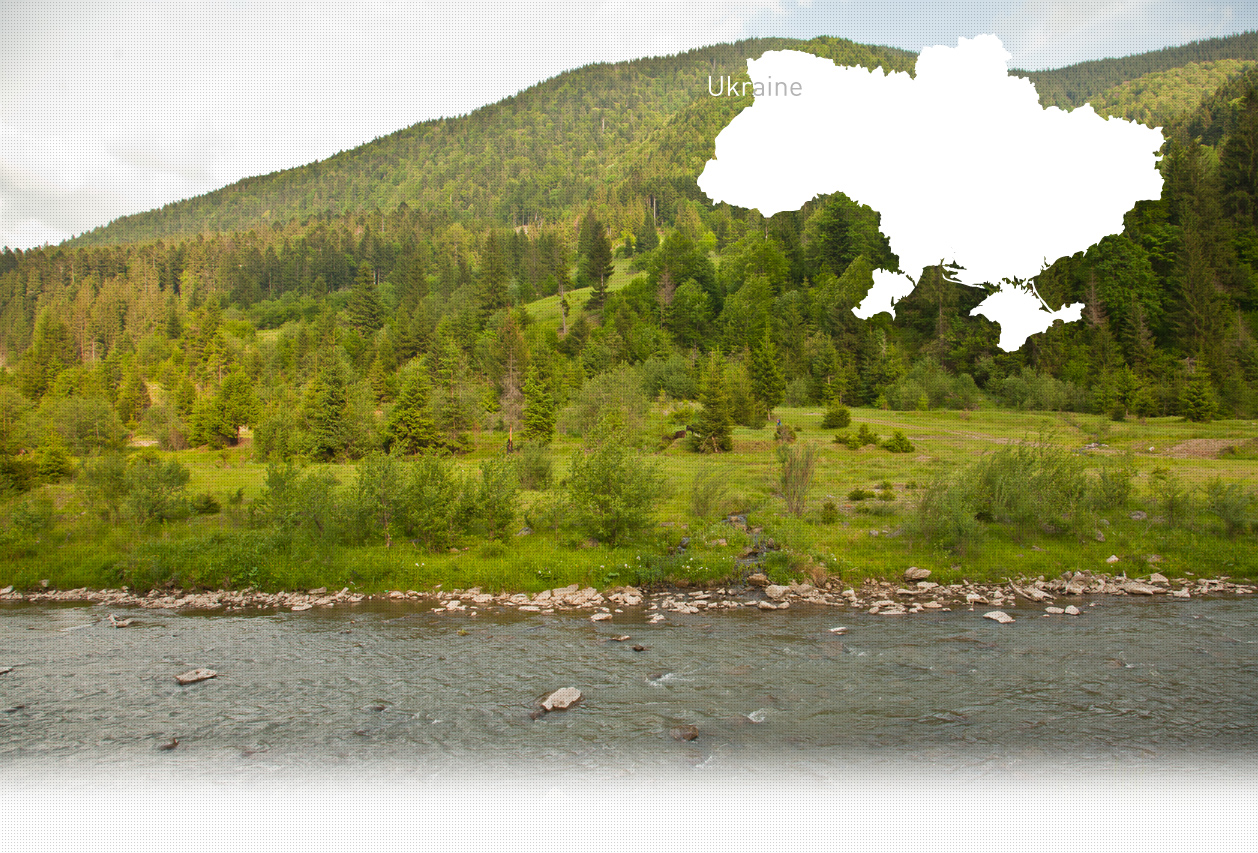

1 Killing site(s)
Nina A., born in 1927: “During winter, entire families of Jews, including men, women, children of all ages, and the elderly, were escorted in columns to our village by Romanian guards. They were allocated shelter in a barn, which lay vacant following the evacuation of cattle when war broke out. Their living conditions were appalling, with only straw to sleep on and nothing to eat. They bartered their valuables for food, or offered their services to the locals in exchange for food." (Testimony N°YIU503U, interviewed in Lugova, on July 22, 2007)
"In September and October 1941, 935 citizens of Jewish origin from Bessarabia, men, women and children, were brought to the camp, set up in the village of Lugovaia [now Lugova]. Locked up in a cold shed, 673 of them - men, women and children of different ages, whose names could not be identified - died from beatings, violence, hunger and cold. After the liberation of Bessarabia by the Red Army, 262 survivors were sent to their places of residence. 673 victims’ bodies were buried outside Lugova, between the village and the hamlet of "Zhdanov"." [Act drawn by State Extraordinary Soviet Commission (ChGK), on April 11, 1945, p.108; GARF 7021-54-1242/ Copy USHMM RG.22-002M]
Lugova is located around 155 km (93 mi) southeast of Vinnytsia. Little information exists about the Jewish community residing in Lugova before the war. According to a local resident interviewed by Yahad, the village was primarily home to Ukrainians, with agriculture as the predominant occupation. The Jewish population resided in the nearby town of Bershad, approximately 17 km (10.6 mi) away.
Lugova fell under German and Romanian occupation in late July 1941 and remained under Romanian control, becoming part of Transnistria by September 1941. Soon after, a Ukrainian police unit was established in Lugova, operating under the authority of the administration situated in the neighboring village of Ustya. The Bug River marked the boundary with the German-occupied territories.
In September and October 1941, 935 Jews from Bukovina and Bessarabia were deported to Lugova and confined to a barn owned by a local kolkhoz (collective farm). Lacking basic amenities, the Jewish detainees had only straw on the floor for sleeping. Furthermore, they endured systematic theft by local police and various forms of humiliation. To procure food, they resorted to bartering valuables or offering their skills as craftsmen to locals. On June 25, 1943, under orders from the Transnistria governor, the remaining Jews from Ustya were relocated to Lugova.
Due to appalling living conditions, starvation, beatings, and especially a typhus epidemic, 673 Jews, including adults and children, died over time. Their remains were interred in numerous mass graves dug on the outskirts of Lugova. There is currently no memorial at the site.
Do you have additional information regarding a village that you would like to share with Yahad ?
Please contact us at contact@yahadinunum.org
or by calling Yahad – In Unum at +33 (0) 1 53 20 13 17